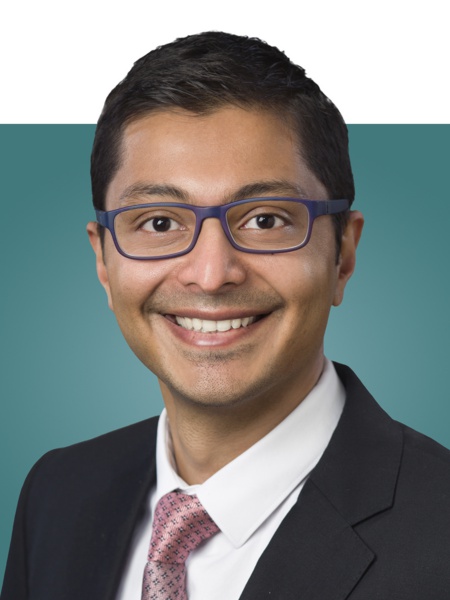In Canada, there are many examples of family-controlled businesses. Founding families usually maintain control of their companies through large ownership stakes and/or alternative structures like dual-class shares that give them voting control.
Interestingly, some evidence indicates that these companies have outperformed the broader market. An index maintained by National Bank shows that family-controlled businesses in Canada outperformed the S&P/TSX Composite Index by 1.8% per year in the 16-year period up to 2021 and that performance was more resilient through downturns.

Source: NBC, NBF Database, SPDJI, Bloomberg Data
While family-controlled businesses are often criticized for governance concerns, QV has developed a balanced framework for evaluating these types of investment opportunities. As we dive into the topic of family-controlled businesses further, note that we refer to several businesses from the QV Canadian Small Cap Fund.
NEWFOUNDLAND LEADERSHIP AT LEON’S FURNITURE
From a governance perspective, family-controlled businesses are sometimes viewed negatively. The ultimate decision-making authority of the family generally makes it harder for minority shareholders to voice concerns and enact change. However, it is worthwhile to note that there can still be room for good governance within family-controlled businesses.
A board that has a reasonable mix of competent external directors and strong executives that are appointed based on merit can help to ensure healthy checks and balances are maintained. For example, in thoughtful discussions with the management team of Leon’s Furniture, we have agreed that it is important to balance an openness to diversifying the board with the benefits of having long-tenured board members (including family members) who have seen the business through prior economic cycles.
For the first time, Leon’s Furniture has appointed a non-family member as CEO. He brings with him a fresh perspective and valuable retail industry experience from Canadian Tire Corporation.
Similar to what other Canadian retailers (including Canadian Tire) have done previously, under its latest CEO Leon’s has announced plans to form a real estate investment trust to monetize 5.2 million square feet of real estate that it owns. This incremental value will then be used to improve the parent company’s competitive advantage, cost of capital, and growth.
FAMILY STRATEGY AND SHIFTS WITHIN LOGISTEC
As long-term investors, we typically find ourselves well aligned with family members that also have a large economic interest in the company. While family control may make it harder for an activist investor, for example, to launch a proxy battle against the company with the intention of improving it, economic alignment helps ensure that it is in family members’ best interest to maximize shareholder value over a long time horizon.
For instance, part of our investment thesis for cargo handler Logistec was that it was undervalued relative to the quality of the business and its compounding record over time. The company is led by Madeleine Paquin, a second-generation family member, who in our view has demonstrated strong strategic oversight, execution of priorities and capital allocation.
The family recently announced its intent to sell down its stake in the business and Logistec has subsequently re-rated higher towards its longer-term average multiple. While it is still unclear what if anything will result from the current strategic review, it illustrates how economic alignment with family owners in a strong franchise can lead to mutually beneficial outcomes for long-term shareholders.
A MULTIFACETED VIEW ON GOVERNANCE
Given the puts and takes with family-controlled structures, let’s use an example to outline how the investment team may gain comfort on this issue.
We’ve owned Andlauer Healthcare Group in the Canadian Small Cap Fund since the company’s initial public offering in late 2019. The company provides logistics and transportation for the healthcare industry in Canada and has been expanding into the U.S. The company is controlled by the founder, Michael Andlauer, through a dual-class share structure that gives him voting power that is disproportionate to his equity ownership. This structure, however, is mitigated by a few points.
The dual-class structure is extinguished if the owner’s equity stake drops below 20%, ensuring that a high level of economic alignment will be retained. Moreover, this structure cannot be transferred to future family members, which reduces the potential for nepotism. Finally, the founder’s competence and strong track record offers to further alleviate potential concerns.
Part of the justification for this structure is to prevent a potential private equity takeover of the company. This could be disappointing for investors with a shorter time horizon as value may not be realized quickly through a take-out premium. However, as long-term shareholders we anticipate to benefit from the compounding outlook of a strong franchise like Andlauer over a long period of time.
QV’s bottom-up due diligence process reinforces a multifaceted view of governance that considers nuance over broad generalizations. We also balance governance factors with other key components of quality to ensure a prospective investment idea meets the high risk-adjusted return hurdle we have set for our strategies.




